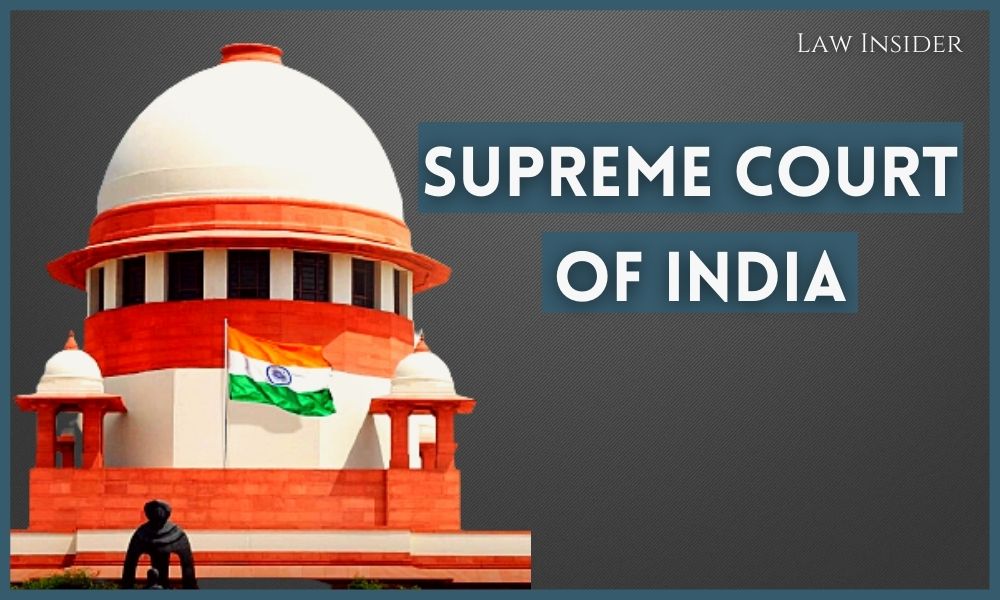LI Network
Published on: January 5, 2024 at 01:02 IST
In a notable ruling, the Supreme Court has clarified that the term ‘custody’ under Section 27 of the Indian Evidence Act doesn’t strictly pertain to formal arrest but encompasses various levels of control or surveillance by the police.
Justices Sanjiv Khanna and SVN Bhatti emphasized that any restraint or monitoring by law enforcement, even if the accused isn’t formally arrested, constitutes custody within the purview of this section.
This pronouncement contradicts a recent judgment in Rajesh v. State of MP 2023, which limited the application of Section 27 only to instances of formal police custody.
The Court, instead, leaned on the precedent set by the Constitution Bench in State of U.P. v. Deoman Upadhyaya, affirming that Section 25’s restrictions apply regardless of whether the accused was in custody during the confession.
Referring to Dharam Deo Yadav v. State of Uttar Pradesh., (2014), the Court highlighted that ‘custody’ should be broadly interpreted and isn’t confined to formal arrest but encompasses various forms of police control.
Examining a series of judgments, the court observed that the term ‘police custody’ encompasses any control or restriction by law enforcement, preventing undue delay in filing FIRs and arrests to evade the scope of Sections 25 to 27 of the Evidence Act.
The ruling stemmed from a case where the appellant was arrested based on a disclosure statement regarding a murder investigation.
Although the appellant made this statement while detained in a separate murder case, the police acted on the information provided and found parts of the deceased as indicated.
In light of these circumstances, the Court upheld the appellant’s conviction, citing previous judgments that have regarded the recovery of evidence from the accused’s indication as a compelling incriminating factor.
The appellant’s refusal to explain further only led the Court to draw an adverse inference, strengthening the prosecution’s case and affirming the conviction.
The Court emphasized that the judgment of acquittal in this case does not hold relevance or evidentiary value to exonerate the appellant, ultimately upholding the conviction based on the facts and circumstances presented.

